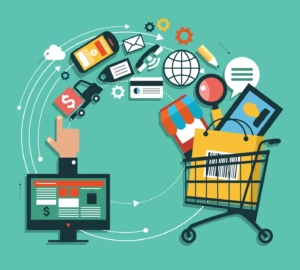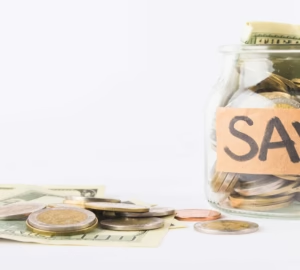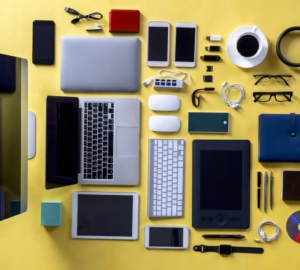Online shopping offers incredible convenience, bringing a world of products right to your fingertips here in Kenya. However, with the ease of digital transactions comes the responsibility to protect your personal and financial information. At Retail Place, we understand these concerns and want to empower you with essential safety tips for every online transaction you make.
Verify Website Authenticity: Look for the Lock & ‘HTTPS’
Before you even think of entering payment details, always check the website’s address.
- HTTPS: Ensure the URL starts with
https://(the ‘s’ stands for secure). - Padlock Icon: Look for a padlock symbol in the browser’s address bar. This indicates that the connection is encrypted, protecting data exchanged between your device and the website.
- Beware of Misspellings: Fraudulent sites often use slightly misspelled domain names (e.g., “jumiaa.co.ke” instead of “jumia.co.ke”). Double-check before clicking or typing.
Use Strong, Unique Passwords & Two-Factor Authentication (2FA)
Your password is your first line of defense.
- Complex Passwords: Create strong passwords using a mix of uppercase and lowercase letters, numbers, and symbols. Avoid easily guessable information like birthdays or common words.
- Unique for Each Site: Never reuse passwords across different online accounts. If one site is compromised, all your accounts are at risk.
- Enable 2FA: Whenever possible, activate Two-Factor Authentication (also known as multi-factor authentication). This requires a second verification step, like a code sent to your phone or an authentication app, making it much harder for unauthorized access.
Be Cautious with Payment Methods: Prioritize Secure Options
Choose how you pay wisely.
- M-Pesa: M-Pesa is widely used and generally secure for online payments in Kenya, especially when you authenticate the payment via your phone with your PIN.
- Credit/Debit Cards: Most major banks offer fraud protection for card transactions. Look for payment gateways that support 3D Secure authentication (e.g., “Verified by Visa” or “Mastercard SecureCode”) which requires an extra step to verify your identity.
- Avoid Direct Bank Transfers (for unknown sellers): Unless it’s a trusted, established business, avoid direct bank transfers, as they offer less buyer protection if something goes wrong.
- Never Share Your PIN/OTP: No legitimate online merchant or payment service will ask for your M-Pesa PIN, card PIN, or One-Time Password (OTP) via email, SMS, or phone call.
Beware of Phishing & Smishing Scams
Scammers often try to trick you into revealing sensitive information.
- Suspicious Emails/SMS: Be wary of messages asking you to click a link to “verify your account,” “update details,” or claiming a “problem with your order.” Always go directly to the official website by typing the URL yourself.
- “Too Good to Be True” Offers: If an offer seems unbelievably good, it’s likely a scam. Don’t fall for prices that are drastically lower than market value, especially for high-demand items.
- Grammar & Spelling Errors: Unprofessional messages or websites filled with errors are often red flags for fraudulent activity.
Review Retailer Policies Thoroughly
Knowing your rights and the merchant’s policies can save you a lot of trouble.
- Return & Refund Policy: Understand the terms for returning items, including timelines, conditions (e.g., original packaging), and who bears the cost of return shipping.
- Privacy Policy: See how the retailer handles your personal data. Do they share it with third parties?
- Delivery & Shipping: Confirm delivery timelines, costs, and tracking options before you commit to a purchase.
Monitor Your Accounts Regularly
Stay vigilant.
- Check Bank/M-Pesa Statements: Regularly review your M-Pesa statements and bank transactions for any unauthorized activity. Report suspicious charges immediately.
- Transaction Notifications: Enable SMS or email notifications for your M-Pesa and bank transactions to get instant alerts.
Keep Your Devices Secure & Software Updated
Your own device is a crucial part of the security chain.
- Antivirus & Anti-Malware: Install reputable antivirus/anti-malware software on your computer and smartphone, and keep it updated.
- Software Updates: Always install operating system and app updates promptly. These often include critical security patches.
- Public Wi-Fi Caution: Avoid making online transactions on unsecured public Wi-Fi networks, as they are more vulnerable to snooping. Use a VPN if you must.
By adopting these essential safety practices, you can confidently engage in online transactions and enjoy the vast opportunities presented by Kenya’s growing digital marketplace. At Retail Place, we’re committed to helping you shop smarter and safer.









